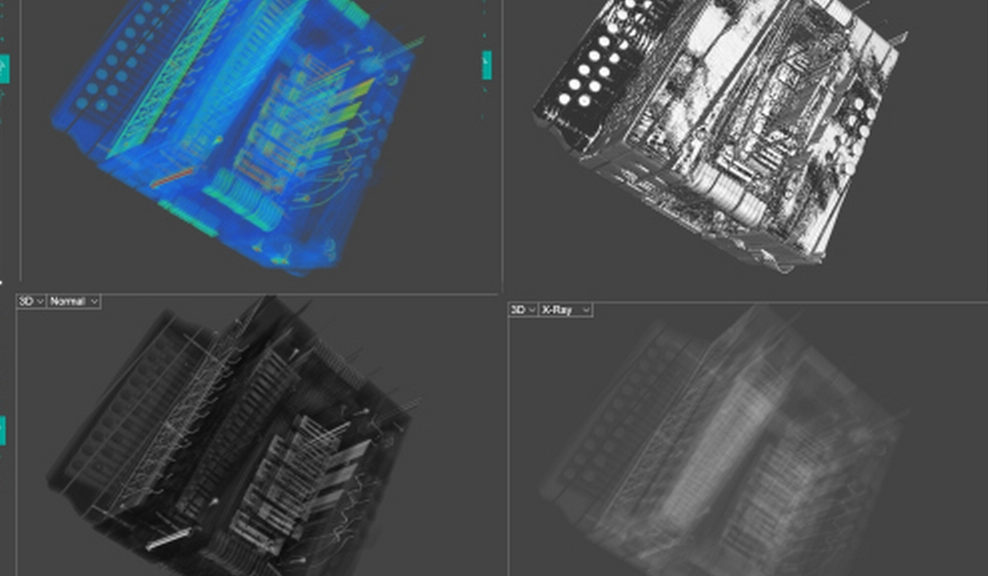Joint project of the Coordination Center for Scientific University Collections in cooperation with the FAU Erlangen-Nürnberg, the GNM Nürnberg and the IGSD e.V.
The approximately 1,400 scientific collections held by universities and colleges in Germany and used in research and teaching harbor great potential. In order to utilize this potential adequately and in a future-oriented way, both technical data skills and digital infrastructures are required. The joint project “SODa – Collections Objects Data Literacy” will take a decisive step forward here.
Initiated and managed by the Coordination Center for Scientific University Collections in Germany, which is based at the Hermann von Helmholtz-Zentrum für Kulturtechnik at Humboldt-Universität zu Berlin, SODa will develop and establish a nationwide data literacy center over the course of the next three years. The project is funded by the Federal Ministry of Education and Research (BMBF) with 2.84 million euros in the funding line “Aufbau von Datenkompetenzzentren in der Wissenschaft“. Humboldt-Universität zu Berlin will receive 1.2 million euros. Partners in the project are the Friedrich-Alexander-Universität Erlangen-Nürnberg (FAU), the Germanisches Nationalmuseum (GNM) and the Interessengemeinschaft Semantische Datenverarbeitung e.V. (IGSD).
SODa will be predominantly a virtual meeting place for all those who teach and conduct research in and with scientific university collections. Data skills will be taught here via e-learning, at seminars, in working groups or in collaborations. Concepts and methods will be discussed, researched and developed collaboratively.
The primary objective is to establish concepts and knowledge of contemporary research data management that meet the specific requirements of scientific collections and their objects as well as modern criteria of openness, quality, usability and sustainability. This includes knowledge of project management, data formats, technical standards, methods of data enrichment and linking, as well as knowledge and awareness of ethical and legal issues and strategies for long-term availability.
A second focus is the promotion and further development of data-driven research in and with scientific collections, including the fields of data-driven provenance research, restoration and conservation documentation, methods of structured data analysis and methods of automated data evaluation – including AI methods.
For this work, the project will establish a cloud-based data infrastructure for gathering, analyzing, processing, enriching, transforming, linking and sustainable publication of collection and object data. This infrastructure will be available to all users free of charge. SODa will work closely with the other BMBF-funded data literacy centers, with the National Research Data Infrastructure (NFDI) and stakeholders from academia and museums.
Prof. Dr. Sharon Macdonald, Director of the Hermann von Helmholtz-Zentrum für Kulturtechnik on SODa: “It was the Humboldt-Universität zu Berlin where the material heritage of universities was rediscovered and recognized in the 1990s. It is the Hermann von Helmholtz-Zentrum, which has stood for activating this heritage as a modern infrastructure for research, teaching and transfer with the Coordination Center for Scientific University Collections since 2012. We are delighted that we can use SODa to promote the digital visibility and usability of the collections at all universities and higher education institutions!”
Martin Stricker (martin.stricker@hu-berlin.de, Tel. 030 2093 12879), co-spokesperson of the coordination center and project manager of SODa, will be happy to answer any questions.
